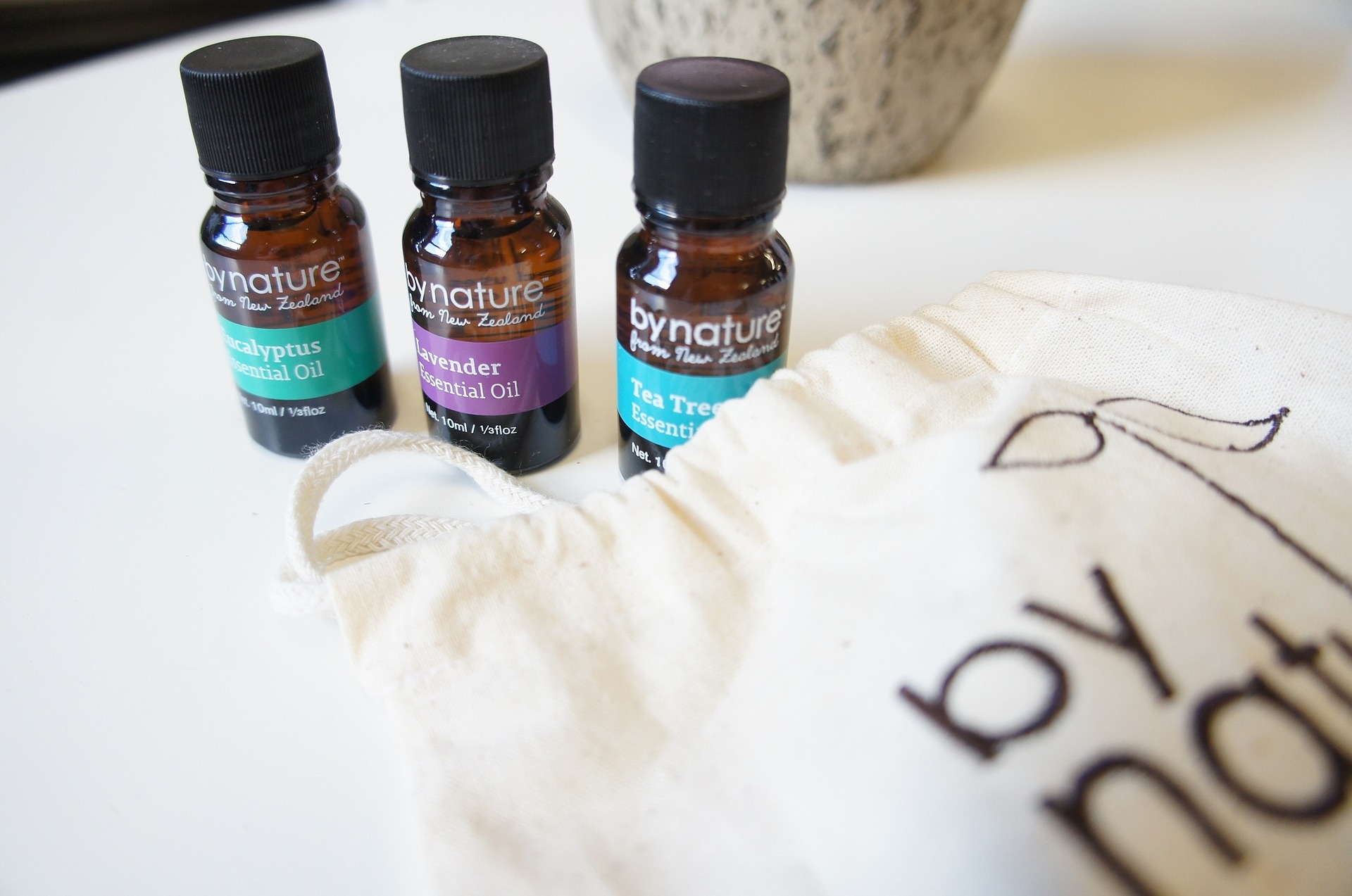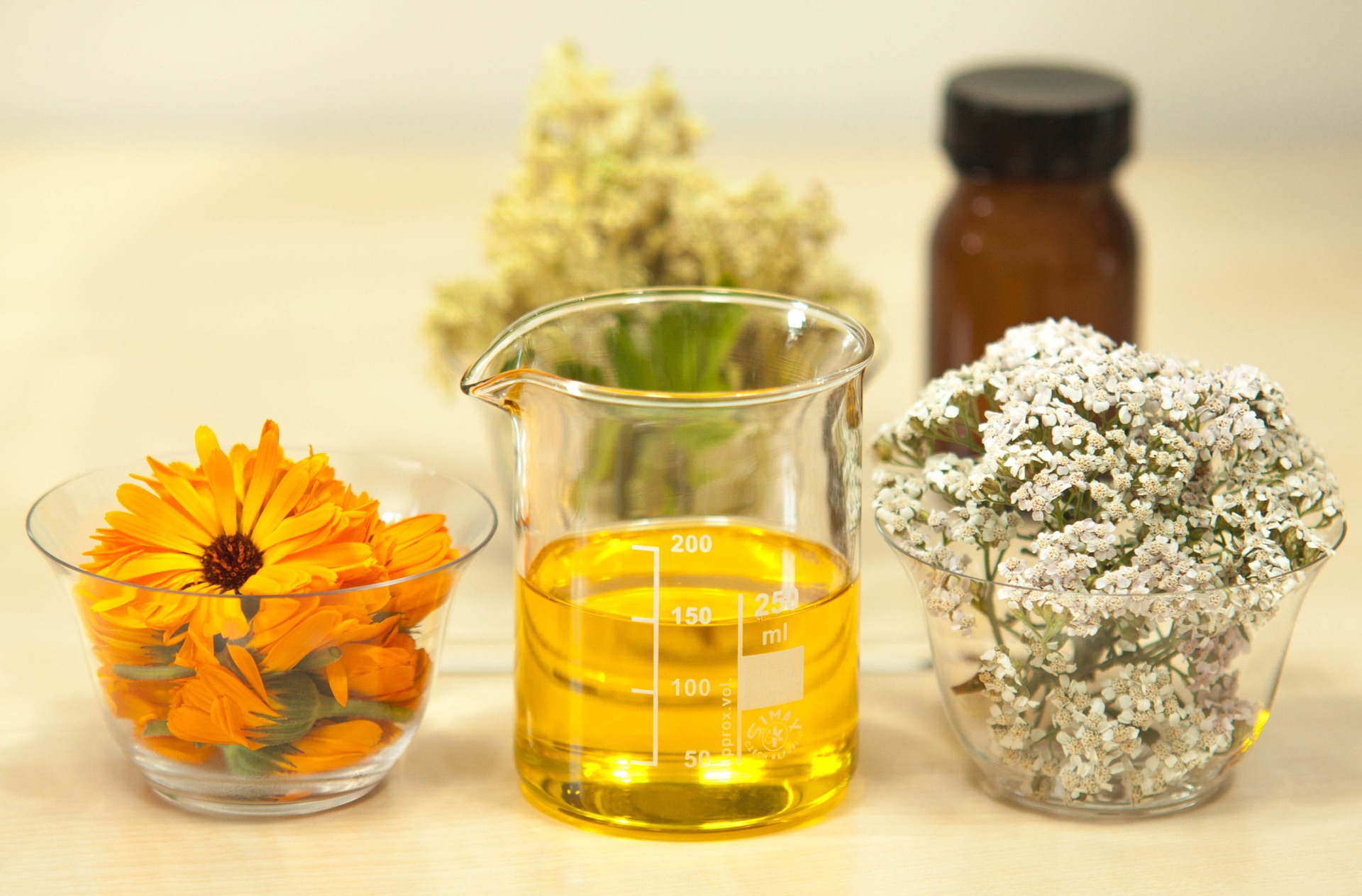Appearance isn’t everything, but as those who suffer from acne understand, unsightly spots and blemishes can really affect your self-confidence, no matter how hard you try not to let them get to you.
Not only can they make you feel uncomfortable in your skin, but they can also be incredibly painful, especially if you have them on parts of your body that come into contact with your clothing or absorb the pressure when you lay down.
Luckily, we have some good news: there are lots of different ways to tackle your acne. While some people prefer to go down the medical route, others like to try natural remedies first, and there are a number that many profess to have worked.
While they’re not a miracle cure for every individual, here are four that you might want to try.
Tea tree oil

When it comes to treating acne, lots of people claim to have success with tea tree oil. A natural antibacterial and anti-inflammatory, it can help to combat the bacteria that causes spots and pimples, while also reducing swelling and redness. Although it may not be strong enough to cure the most serious cases, a 2015 study suggested that products containing tea tree are often effective in reducing both the number and severity of sores in those with mild to moderate acne.
CBD oil
Another substance that can supposedly help those suffering with the condition is CBD oil. As mentioned on CFAH and other health and wellbeing websites, in recent years, products infused with CBD have soared in popularity. From CBD skincare products to supplements, the range of CBD products on the market is expected to continue growing as more people discover the health-boosting potential of this substance.
A naturally occurring compound that’s present in the cannabis sativa plant, this is one of over 100 chemicals found in marijuana, as this article on how to activate THC explains. As acne is often caused by the body overproducing sebum, CBD can have a positive effect by helping to regulate this. In addition, it also has anti-inflammatory properties that calm the skin and could thus prevent further breakouts.
Of course, with that being said, if you are considering using any THC or CBD products then it is important to do your research first to ensure that these products have been legalized in your area. Accordingly, you can learn more about some of the different THC options out there by taking a look at some of the helpful resources on websites such as Area52.com for instance.
Jojoba oil

When you suffer from acne, you quickly learn to avoid oily products, so it can seem counterproductive to apply something like jojoba oil to your skin. However, don’t be too quick to discount it as a remedy. Known to repair damaged skin, jojoba oil has the effect of speeding up wound healing, helping to lessen the severity and long-term damage caused by acne lesions. On top of this, it works as an anti-inflammatory, to reduce redness and swelling during breakouts.
Aloe Vera
Like tea tree, aloe vera has many antibacterial and anti-inflammatory properties, making it a great choice for those suffering from acne. That’s because it can not only work to prevent breakouts but also keeps spots and blemishes clean and free of infection, so they’re better able to heal. In addition, it makes a wonderful moisturizer and is highly effective in resolving the dryness that’s often caused by acne medication and/or over-the-counter treatments.
When it comes to tackling your acne, there are lots of options open to you, from prescription medication through to natural remedies like the ones above. Importantly, it’s about finding what works for the individual, so why not check out a few coupon here & give these a try today to see how they can help you?






My brother suggested I would possibly like this web site. He was once entirely right. This publish truly made my day. You can not consider just how much time I had spent for this information! Thank you!